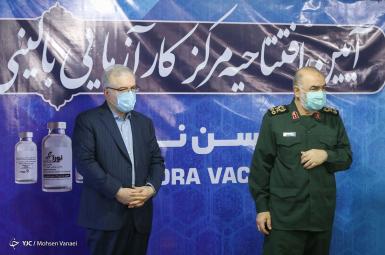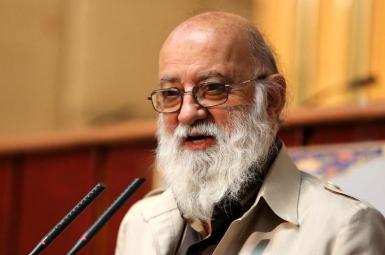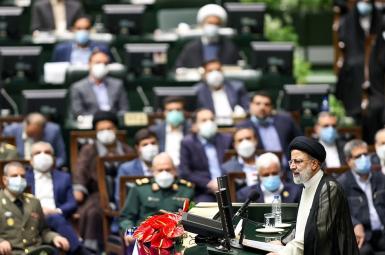
Imported Covid Vaccine Urgently Needed, Says Iran Medical Council Chief
Dr Mohammad-Reza Zafarghandi, the head of Iran’s Medical Council, has said the government must urgently buy and import Covid-19 vaccines and produce a timetable for a vaccination program. In a letter sent today [December 20] to Saeed Namaki, the health minister, Zafarghandi warned that “the prolongation of the Covid-19 epidemic in the world and in Iran has inflicted irreparable damage to public health and the people’s livelihoods.”
Zafarghandi’s warning is muted, but clear. Even though the Medical Council is one of Iran’s oldest non-governmental trade associations, dating back to 1956, he risks a political backlash.
As vaccinations have started in several regional countries, including the United Arab Emirates, Saudi Arabia and Israel, Iran’s medical professionals have been growing more critical of vague official claims of un-named companies supposedly working on Covid vaccines and even carrying out human trials.
The spokesman of the Medical Council, Hossein Karimpour said on Saturday [December 19] that Iran lacked the capability to mass-produce Covid vaccines. Karimpour told Emtedad News that while five companies were working on developing vaccines, they faced a huge obstacle in their lack of “access to the necessary production equipment, because 99 percent of production [of such vaccines] is [routinely] based on robotic technology.”
Other medical professionals have urged the government to come up with a plan for importing vaccines. Abbas Aghazadeh, Chairman of the Medical Council’s General Assembly, recently wrote to Vice-president Es’haq Jahangiri saying that waiting for an Iranian-produced vaccine could take too long and that the government should instead give priority to acquiring vaccines “without political considerations.”
Laced with such considerations are United States sanctions. Iran has been claiming that US sanctions hamper the fight against the pandemic. OFAC, the Office of Foreign Assets Control of the US Treasury, recently issued a statement clarifying that US sanctions should not affect medical supplies, although aid agencies claim that in practice companies and banks restrict links with sanctioned countries for fear of US retribution.
The chairman of Iran’s drug importers’ union, Naser Riahi, said on December 10 that there was no obstacle in transferring currency to pay for medical imports, including vaccines. He said Iran imported 100 million euros worth of medicine monthly.
The health minister, however, said on December 13 that funds blocked abroad could not be used to purchase vaccines and promised that an Iranian vaccine will be ready in mid-2021. Hence the government has not budgeted “even one dollar” for purchasing and importing Covid vaccines, according to the chairman of the parliament’s health committee.
Aside from political complications, a health official on December 12 said that Iran lacked the capability to handle or distribute the Pfizer vaccine, which requires very low temperatures. Tehran has also registered with the World Health Organization’s Covax program to receive a quantity of vaccines based on country quotas.








